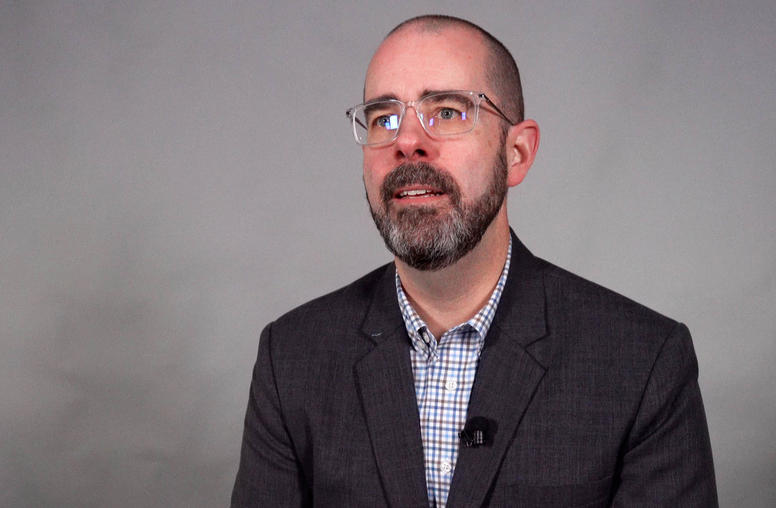Training for Diversity: Religious Issues in U.S. Military Operations
Senior Fellow Project Report
Senior Fellow Charlotte Hunter will discuss the need for education on religion for all military planners and leaders given its increased influence in operations abroad as the U.S. military confronts the next generation of warfare.
Dr. Hunter comes to USIP from the Chief of Navy Chaplains office in Washington, D.C., where she advised the Chaplain Corps leadership on professional development programs throughout the U.S. Navy Chaplain Corps. Her responsibilities included ethics instruction for both the Navy and Marine Corps, curriculum oversight at several schoolhouses and numerous training commands, and the introduction of a doctoral-level program on military chaplaincy for eligible chaplains.
She has been on active duty as a chaplain since 1988. In addition to her recent assignment in Washington, D.C., she completed three tours of duty with the U.S. Marines, served as chaplain aboard the USS Emory S. Land, and taught mid-career and senior chaplains at the Naval Chaplains School in Newport, Rhode Island.
A representative of the First Church of Christ, Scientist, Hunter earned a B.A. in Latin American studies from George Mason University, an M.Div. in Christian social ethics from Boston University School of Theology, a Th.M. in ethics from Princeton Theological Seminary, and a Ph.D. in Humanities from Salve Regina University.
Speakers
- Charlotte Hunter
Senior Fellow, U.S. Institute of Peace
Archived Audio
To listen to audio or to view video, please click on the links provided below. You also can right click on the links and choose "Save Target As" or "Download Linked File." This will save the file to your computer and then allow you to play it in your media player directly. More Audio Help.
- Listen to the audio from this event.
1:38:20 - 17.5MB




